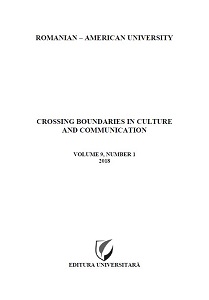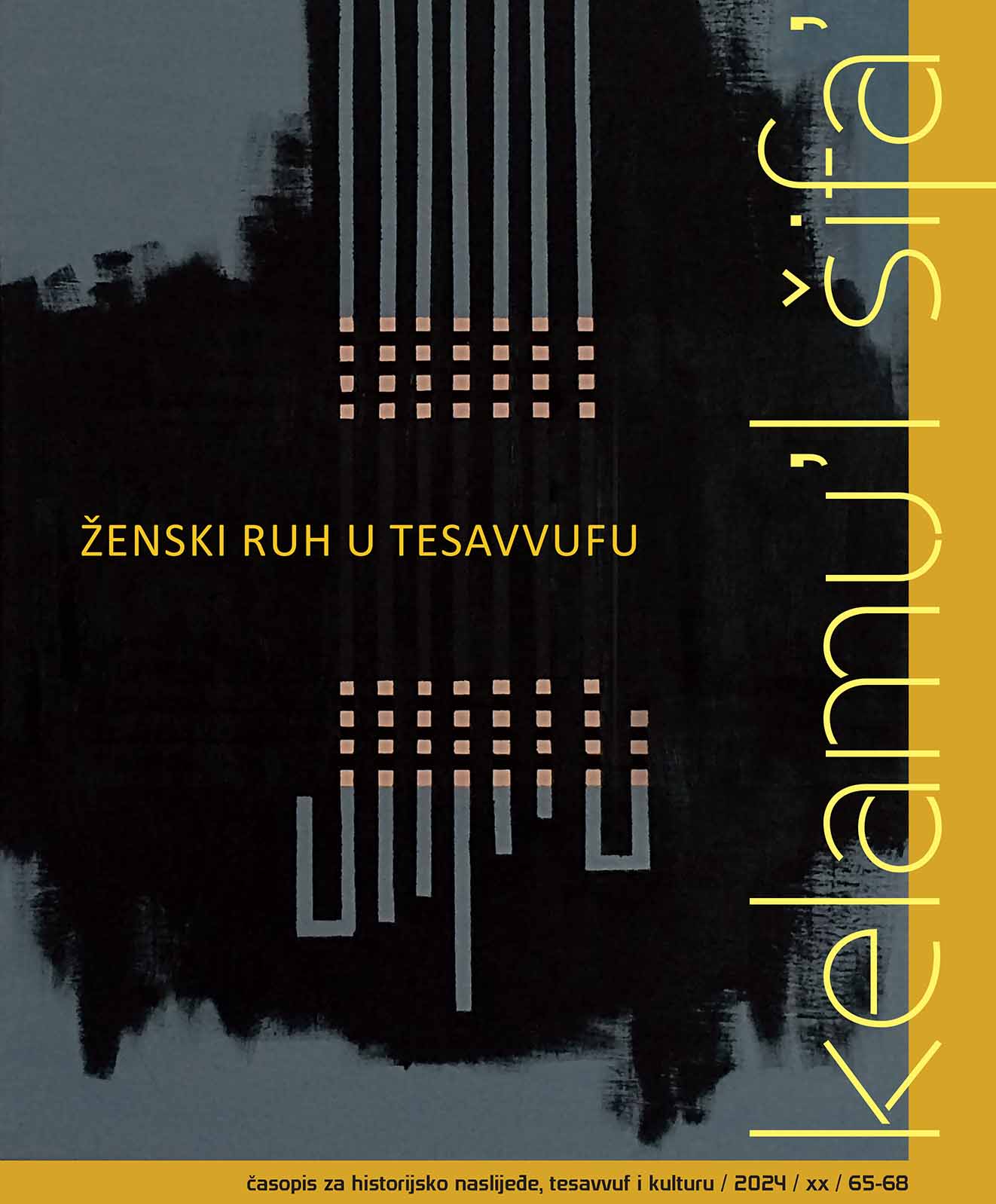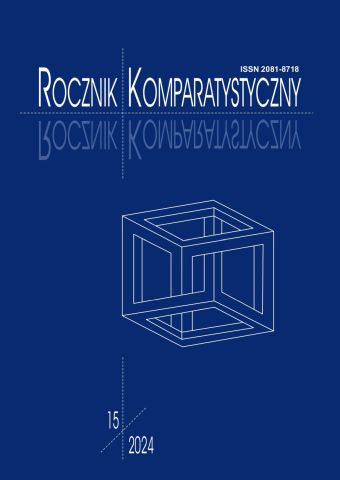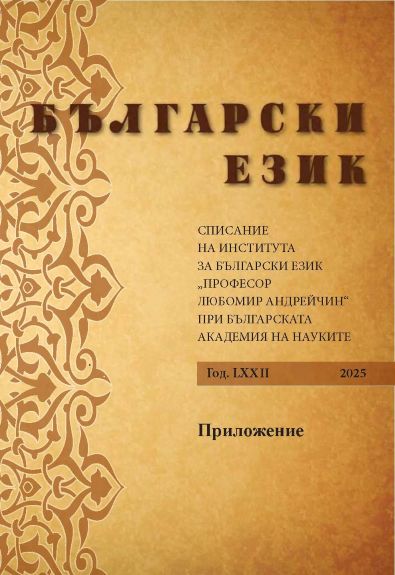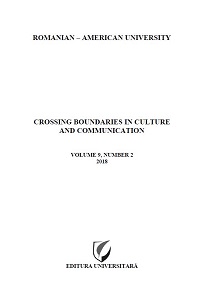
Pragmatics and Psychology
The purpose of this paper is to explore the connection between Pragmatics and Psychology, focusing on Speech Acts Theory and intonation, as well as the language of gestures, which give clues about the intention of the speaker to the hearer. In today’s world, we are told that image counts, that personal image is a brand. The field of dealing with working with the public in a polite way is also expanding. Therefore, pragmatic competence matters, as we live in the culture of communication, and psychology is a field that can help in understanding context of communication in various social relations.
More...
